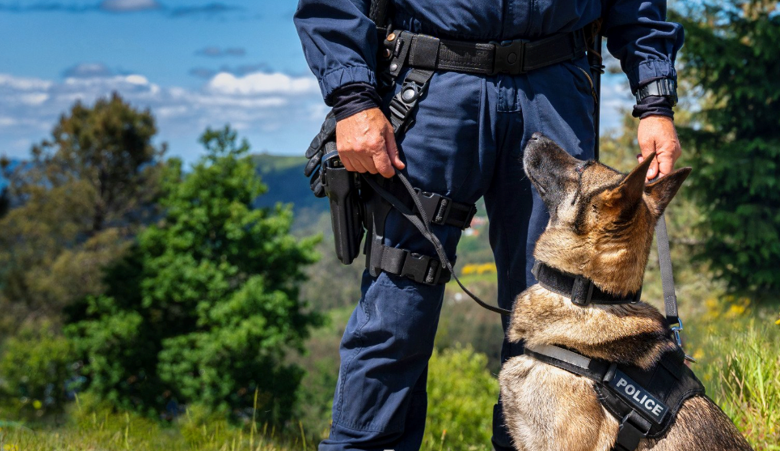How To Become A Police K9 Trainer

Training police dogs requires a unique combination of discipline, knowledge, and patience. These highly skilled animals are crucial in law enforcement, assisting with tasks such as detection, patrol, and tracking. To prepare for such a responsibility, aspiring trainers must undergo structured education and extensive practice. Enrolling in a police K9 trainer course in Columbus provides the essential foundation to develop the expertise needed. By blending classroom lessons with field exercises, these courses prepare individuals for one of the most specialized careers in animal training.
Understanding the Role of a Police K9 Trainer
The role of a police K9 trainer goes far beyond teaching obedience. Trainers are responsible for developing dogs capable of performing specialized duties, including narcotics detection, explosives searches, and suspect apprehension. They must also prepare handlers to communicate effectively with their canine partners and maintain strong teamwork in high-stress situations.
This requires a deep understanding of canine behavior, psychology, and training methods. Trainers must ensure that dogs remain focused, reliable, and adaptable to the diverse challenges they face during real-world assignments.
See also: The Importance of Drivers Education in Understanding Traffic Laws
Educational Pathways to Success
The journey begins with the right educational program. Foundational coursework introduces trainers to essential topics like canine learning patterns, reinforcement methods, and behavior modification. Advanced instruction covers the tactical requirements of law enforcement work.
Programs tailored to K9 police dog training provide this comprehensive blend of theory and practice. Students learn how to design structured training plans, conduct specialized exercises, and evaluate progress effectively. This combination ensures that future trainers are well-prepared to meet the demands of law enforcement agencies.
Gaining Hands-On Field Experience
Fieldwork is where theory becomes skill. Practical training exposes aspiring trainers to realistic environments where distractions and stress are part of the challenge. Whether in crowded urban spaces or open search fields, this experience sharpens decision-making and adaptability.
By handling dogs in diverse conditions, trainers gain the confidence to apply classroom knowledge in practice. Repetition and real-world exposure also build consistency, ensuring both the trainer and the dog can perform reliably when it matters most.
Career Opportunities in Law Enforcement
Graduates of specialized programs often find opportunities with police departments, government agencies, and private security firms. These roles may involve not only training dogs but also mentoring new handlers or developing advanced training strategies.
The need for skilled professionals in this field continues to grow. Trainers who have mastered both theory and application are valued for their ability to prepare dogs that enhance public safety while maintaining strong animal welfare standards.
Conclusion
Becoming a police K9 trainer is a path that requires education, hands-on experience, and dedication to excellence. From learning canine psychology to practicing advanced law enforcement techniques, every stage of training contributes to building strong canine teams. Structured programs that balance theory with practical application prepare individuals for meaningful roles in law enforcement, creating opportunities to serve communities while fostering the powerful bond between handler and dog. In the long run, these efforts not only shape skilled trainers but also strengthen public safety, proving the invaluable role of well-prepared K9 units.






